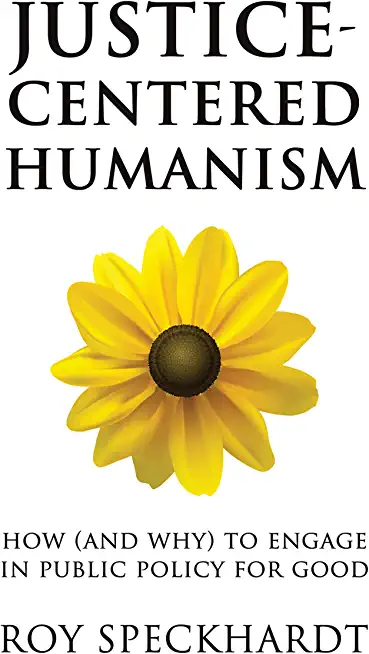
Speckhardt, Roy
product information
description
9Humanists are quick to defend threats to the separation of church and state, but they have not always been consistently unified in engaging with pressing issues of race, class, gender, and sexuality--namely, those linked to economic, environmental, and social justice. Drawing on his tenure as executive director of the American Humanist Association, Roy Speckhardt calls for humanists everywhere to center justice in their humanism by promoting public policy based on ethical humanist principles. Acknowledging the challenges inherent to this type of advocacy and activism--such as balancing short-term needs with long-term goals and espousing a common humanity without erasing differences--he makes a compelling case for championing justice-centered humanism. He also provides guidance for doing so, whether on the local, state, or federal level. Precisely because there is no such thing as cosmic justice in an afterlife, he reminds, it's especially important that humanists everywhere combat injustice in this life.
member goods
No member items were found under this heading.
Return Policy
All sales are final
Shipping
No special shipping considerations available.
Shipping fees determined at checkout.







